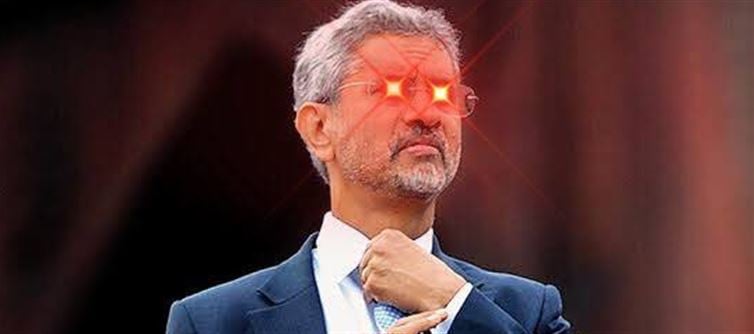
The optics of the situation are troubling for the Modi administration. From state visits with Western and Eastern powers to major events showcasing india as a global leader, the country has projected itself as a rising force on the world stage. Yet, critics argue that behind the photo-ops and carefully crafted media campaigns—such as viral “laser eye” social media reels and high-cost foreign trips—there has been a lack of tangible, strategic wins. Russia's deepening ties with pakistan, a country india views as a key adversary, is being interpreted as a failure to maintain strategic loyalty from historical partners amid shifting global dynamics shaped by the ukraine war, China's influence, and economic realignments.
This development has sparked a wave of criticism domestically, even among some traditional supporters of the Modi government. Skeptics question whether New delhi has adequately read the geopolitical room or diversified its alliances strategically. With russia increasingly leaning toward china and now engaging pakistan in large-scale deals, india finds itself in a potentially isolated position. If India’s foreign policy doesn’t recalibrate to address these emerging realities—moving beyond symbolism to substantive, mutually beneficial alliances—it risks losing its footing in an increasingly multipolar and transactional global order.




 click and follow Indiaherald WhatsApp channel
click and follow Indiaherald WhatsApp channel